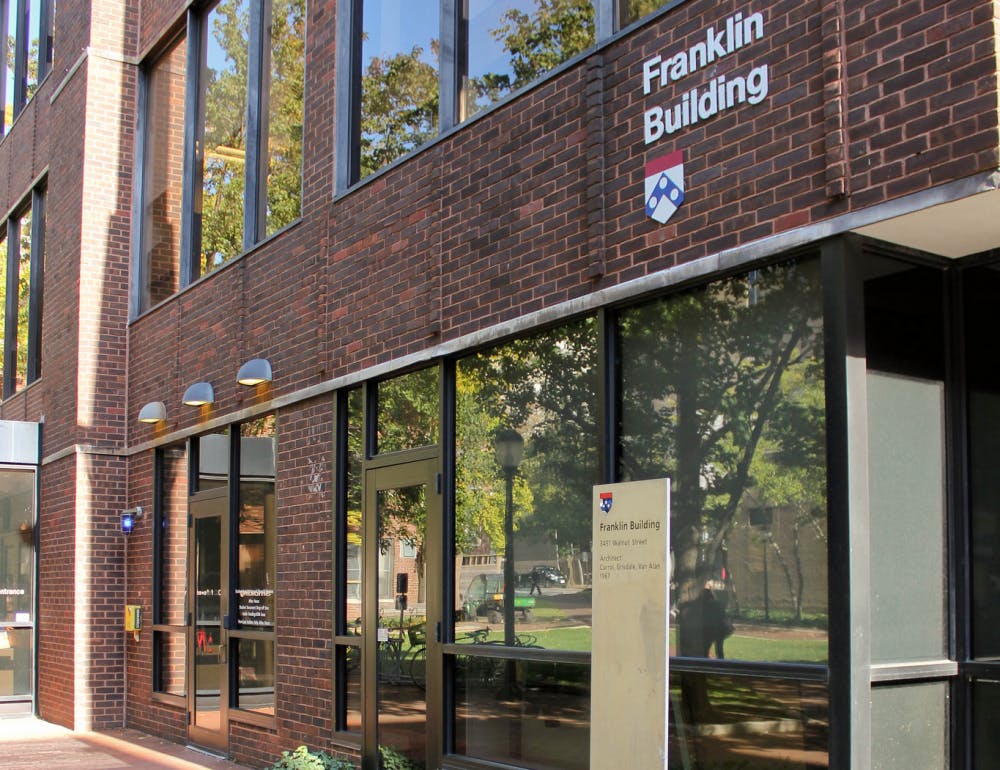
A proposed student financial aid advisory board, set to be formed next semester after a delay, is supposed to ensure student voices will be heard at Student Financial Services.
While details about the board’s role — such as whether students will have direct input on SFS’ financial aid policies or not — are still under review, some think that having a formal structure can improve the status quo in increasing communication with administrators.
“The benefits are ... you will have some official representation and some daily contact with administrators,” said former United Minorities Council political chair Jesus Fuentes , a College senior . “You’ll have physical bodies that they’ll have to meet with.”
But, as with other advisory boards at Penn, it’s not clear how much influence the board will have on creating change. For example, students on the Dining Advisory Board weighed in on who they thought should replace Einstein Bros Bagels in Houston Hall. However, when the board was approached, it had no power to decide whether Einstein Bros was leaving — that decision had already been made.
In the case of the financial aid advisory board, this entity could help students by creating a space focused on their general concerns regarding financial aid — something which currently does not exist at Penn.
“As staff, we usually think we know all the concerns, but it does help to know what issues the students are facing that we may be overlooking,” said former Director of Financial Aid William Schilling , who spoke generally about how SFS communicates with the student body.
In the past, Schilling said, there were attempts to bring together focus groups of students, but “it was very hard to get that going on a continual basis for a very long time” because of scheduling difficulties. The proposed board offers wider structure to what’s currently in place: a system of SFS liaisons with minority groups on campus.
For some in Penn’s minority communities — which has led the charge to create the advisory board — this step has been a long time coming, marking an attempt by administrators to listen to what students have to say about their financial aid.
The creation of the nine-member board follows two years of discussions about financial aid problems in student minority communities. The advocacy started for Undergraduate Assembly President and College senior Joyce Kim, a former chair of UMC , when she heard about how one student could not register for classes because he was waiting for his financial aid package.
Simultaneously, other 5B groups — Penn’s main cultural umbrella organizations — like the Lambda Alliance were also hearing concerns about financial aid problems from their communities. These student leaders then came together and brought the idea of a formal advisory board to current Director of Financial Aid Joel Carstens in 2013.
The creation of the board, though, has not been as quick as students had wanted. In original discussions last year, the idea was to launch the board in early fall 2014, but when students came back to campus this fall the board was not ready to be launched — which was met with criticism.
“I was speaking with people from our past board and they heard the same rhetoric, like, ‘It’ll be developed in a semester.’ Hearing the same thing a year later is really frustrating,” UMC Chair and College senior Reggie Stewart said in a previous interview.
After bringing up their concerns with communication with SFS to other administrators, Kim said they were able to get a response.
“Although our experience with SFS has admittedly not been the best, I think they’re now more open to engaging with us,” Kim, a College senior , said , noting that students were able to make suggestions for edits for the proposed board’s constitution.
Kim feels that this board will make a difference. “Although their work may not really be publicized, and they may not be noticed, I think the work [advisory boards] do makes a lot of impact,” she said.
Carstens said in an email statement that it was “premature” to comment on what role the advisory board will play, though he added that “all comments and suggestions of the Student Financial Services Advisory Board will be fully considered by the University of Pennsylvania.”
However, some students say the advisory board does not go far enough.
The long term goal, Fuentes said, “spans beyond SFS” and goes further than the advisory board. “[We] should be taking a hard look at its policies, its infrastructure and its staff, and [be] able to honestly evaluate it.”
The Daily Pennsylvanian is an independent, student-run newspaper. Please consider making a donation to support the coverage that shapes the University. Your generosity ensures a future of strong journalism at Penn.
DonatePlease note All comments are eligible for publication in The Daily Pennsylvanian.




